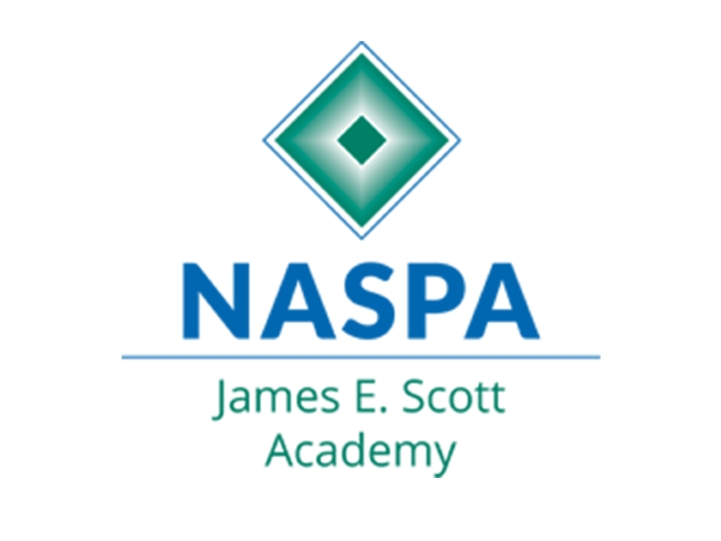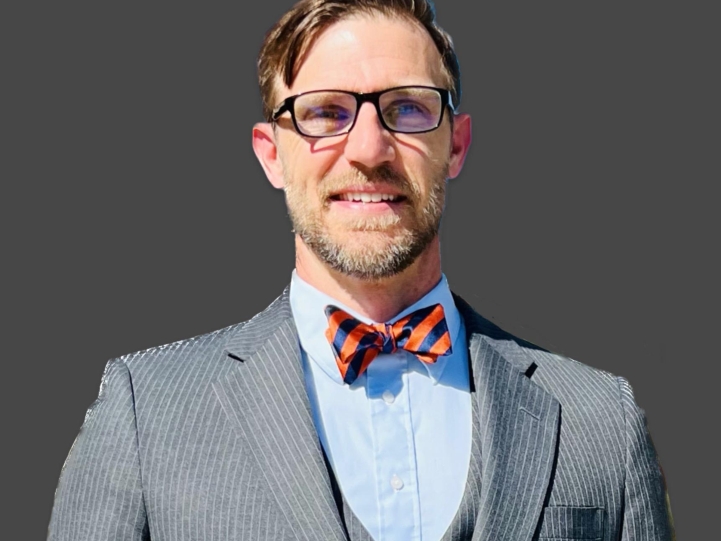
Culture Management; Leading Through Change
Supporting the Profession AVP or "Number Two" Senior Level VP for Student Affairs
July 24, 2023
Being both the moral compass and the conscience of the institution are roles assigned to student affairs leaders. As leaders in student affairs, we have proudly worn these mantles and honored the reality of our communities’ struggles. This responsibility is a gift and a burden as our daily work is framed by both change leadership and culture management.
We are leading through complicated cultural moments. The enrollment cliff is coming (or in many cases, it is already here) and post-COVID budget struggles are real. Public perception of higher education is in the tank. Student success rates are not increasing. Racial Injustice is rising, and the responses are dividing us. The political divide is breaking us. Mental wellness is at an all-time low for students, faculty, and staff. AI is about to take over and global warming is causing tremendous damage and fear. And yet, we log in or arrive at work to hold the space for the difficult conversation, create programs that lead to pathways for the underrepresented, host the town halls, argue for more funding, and plan the celebrations that encourage our community.
Whether there are structural barriers (policies, regulations, etc.) that complicate how we lead through change or there are cultural barriers (ghosts of administrators past, no one ever gets fired here, etc.), the day-to-day of our work still waits for us every time we get a chance to walk into our office and sit down for a moment. When candor becomes unkindness, we will respond. When collegiality turns to a cacophony of union grievances and filibusters, we will respond. Our responses will reinforce the moral compass and the deeper conscience of the institution as we manage and lead the change that is developing around us each day.
We know this is easier said than done – because we know change comes quickly. We also know it is rarely fully formed. Change is constantly shape-shifting and developing, causing us to respond in real time with limited knowledge and resources.
And… I would argue that this is the joy in our journey. Isn’t this to be expected? Is this not what we signed up for? Student affairs is certainly a higher calling for so many of us. It isn’t a job or even a career. It isn’t a list of problems. Student affairs is a list of opportunities. It is a rare and wild beast just asking to be tamed. It is a variety of people and perspectives who want to be a part of building a community. Together.
Yes, enrollment continues to be a struggle for most institutions. Yes, our demographics are changing. Yes, our students have tremendous needs that didn’t exist in large measure just a few decades ago. As educators, scholars, and practitioners though, we know the path forward. We have a robust body of literature with practices that are human-centered and advance student success. Individual institutions as well as districts, states, and regions have identified what works. We name winners in every category of recruitment and retention every year, praising them for the ways that they have supported student learning, disaggregated data, and enhanced and integrated learning across the curriculum. NASPA is and will continue to be a gathering place, a place of renewal and strategy as we hold space for the many learners on our campuses.
If we are not short on will or solutions, where are we short? What do we lack? Many may say funding, and we can certainly argue for more. But what if we move past the funding argument? I’ve recently been talking with folks who “made hard decisions” to reallocate funds towards what works. But you know, I don’t believe those are hard decisions. They may be immediately unpopular for a select group, but if we are convinced of the path forward, holding true to our vision and our priorities, then we must pursue such changes with laser focus and all due haste.
Change leadership is not for the faint of heart. Whether we gather in Boston to talk about being revolutionary in our approach or gather in Seattle to talk about the stories that bind us, we gather to commiserate and to celebrate the passion that connects us to our work and our students. Perhaps most importantly, we gather to remember that the basics of our work will always continue to be based in leading the change that is needed. We will prioritize student success in the classroom which will allow students to embrace the challenges of leading a democratic society. While that society is currently known for its “me before we” perspective, we will be the voices empowering the next generation to call for community. So when you read the headlines that highlight the challenges of our current culture, remember that our field exists precisely to create the support needed to lead change and create systems, processes, and educational experiences that don’t rely on luck for students to succeed. Don’t let the burdens of the world weigh you down; welcome the freedom that is offered in the essence of the change leadership work we are so fortunate to be engaged in!

Patrick Tanner serves as the interim dean of enrollment services at Greenfield Community College and is a member of the NASPA James E. Scott Academy Board.